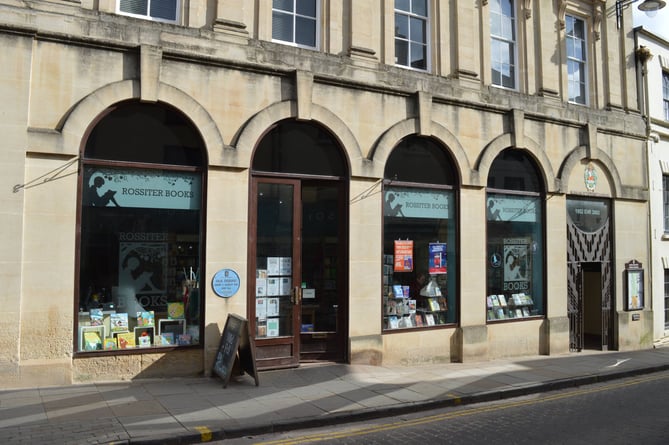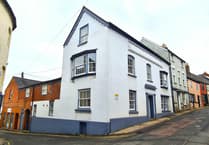The life of a musician who had a substantial impact to the landscape of British music, at a time when the country was largely considered unmusical, has been published, and features his time living in Ross.
Written by John Hugh Thomas, the book follows the life of a banker, landscape artist, and—most importantly—musician, John Squire.
The Best in Sound and Form and Hue: John Squire, Musician and Artist (1933-1909) is about how John Squire experienced the genteel cultural life of Ross-on-Wye. It discusses how the rail connections with Gloucester, Hereford, Worcester, and Bristol allowed him to remain connected to the national music scene, as well as enjoying the rich cultural home of Ross.
A cultural focal point of Ross during the 1860s were the Penny Readings at the Corn Exchange. It was here that John Squire made his introduction as a musician to the town. On his initial appearance—about a month after his arrival to the town—he played de Bériot and Osborne’s Airs from William Tell, with Tewkesbury Goodfellow of Gloucester as his accompanist.
Whilst the biography covered the length and breadth of his musical life, of which only a small part took place in Ross, the story explains how he impacted the town where he married and where all but one of his children were born and spent their early years.
The wider book gives an important insight to the amateur music scene outside of London, as well as the increasing professionalism of the space, as well as the formation of British musical tastes during the Victorian period.
The book even briefly covers the founding of the Ross Gazette and its impact on the town’s music scene.
It covers how the paper—founded by Willian Enoch Hill, January 3, 1867—took considerably more interest in the musical and cultural activities in the town than rival paper The Man of Ross had done during the previous two years.
The book can be picked up through Rossiter Books.




